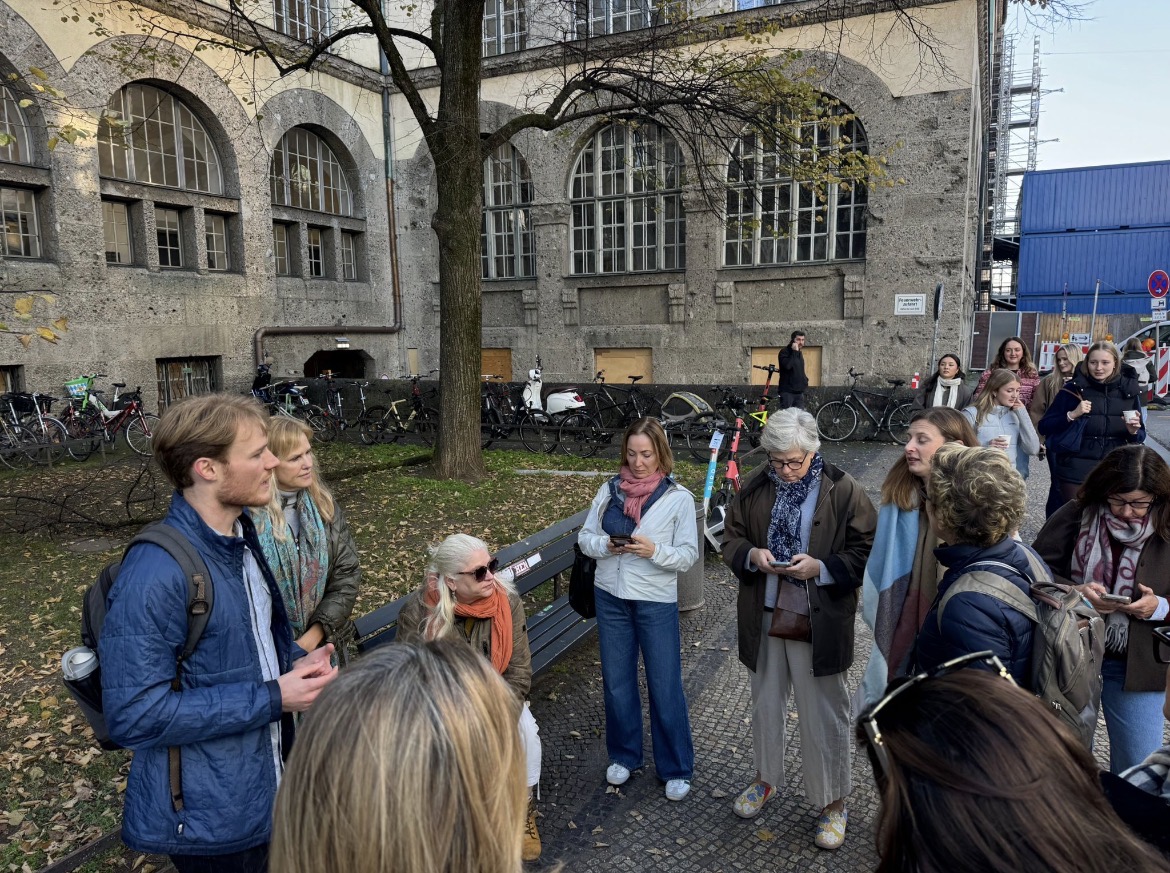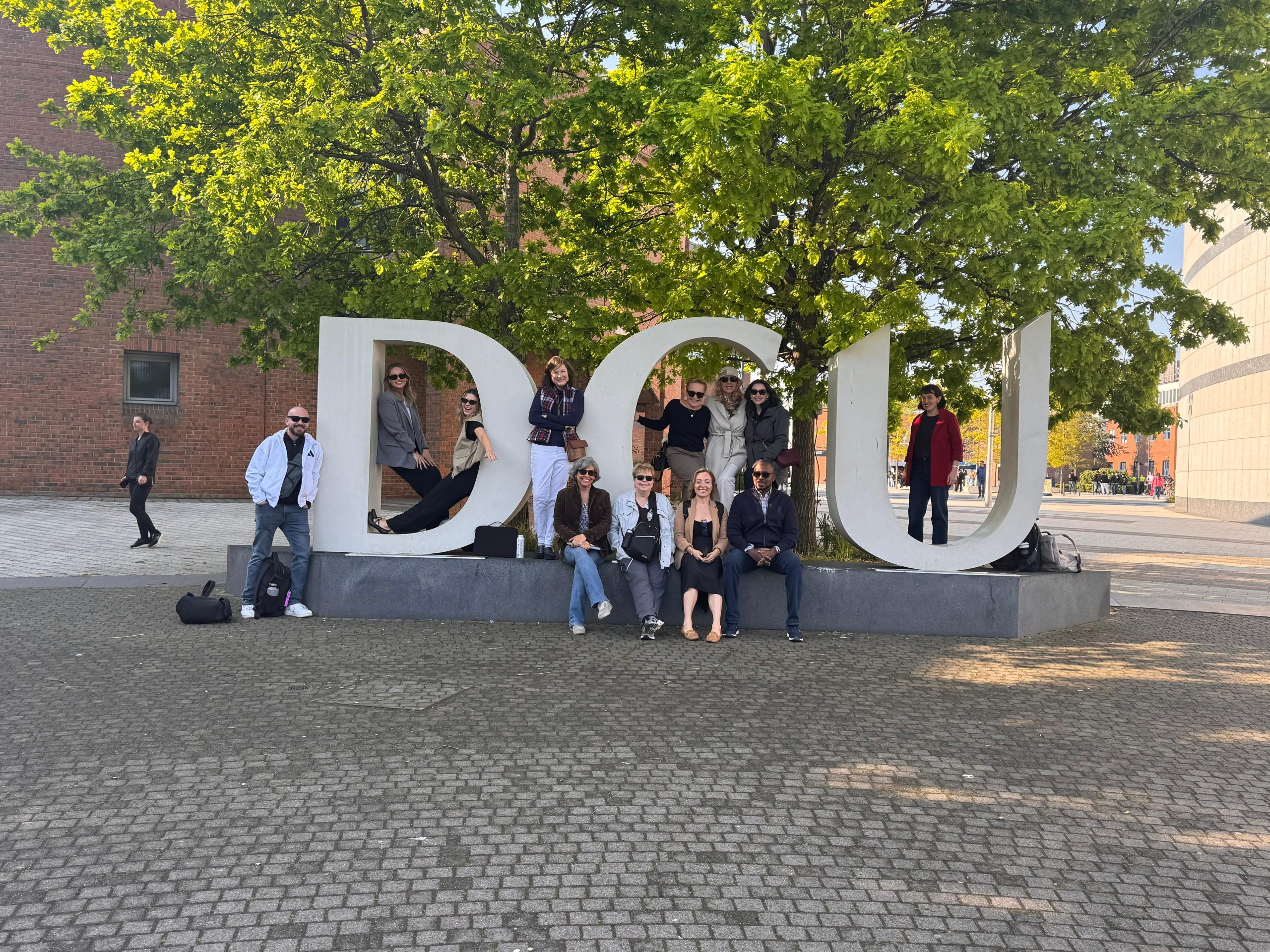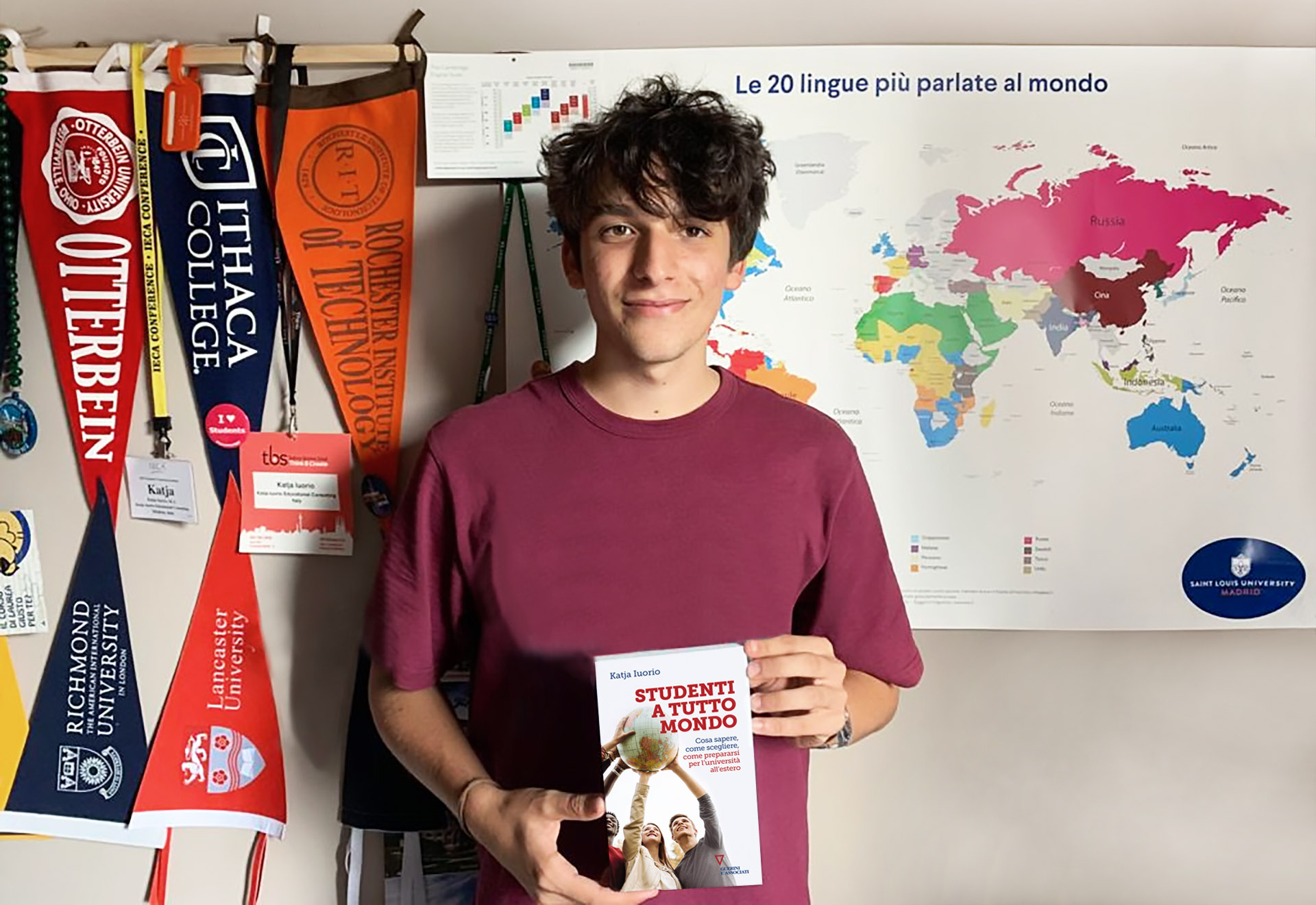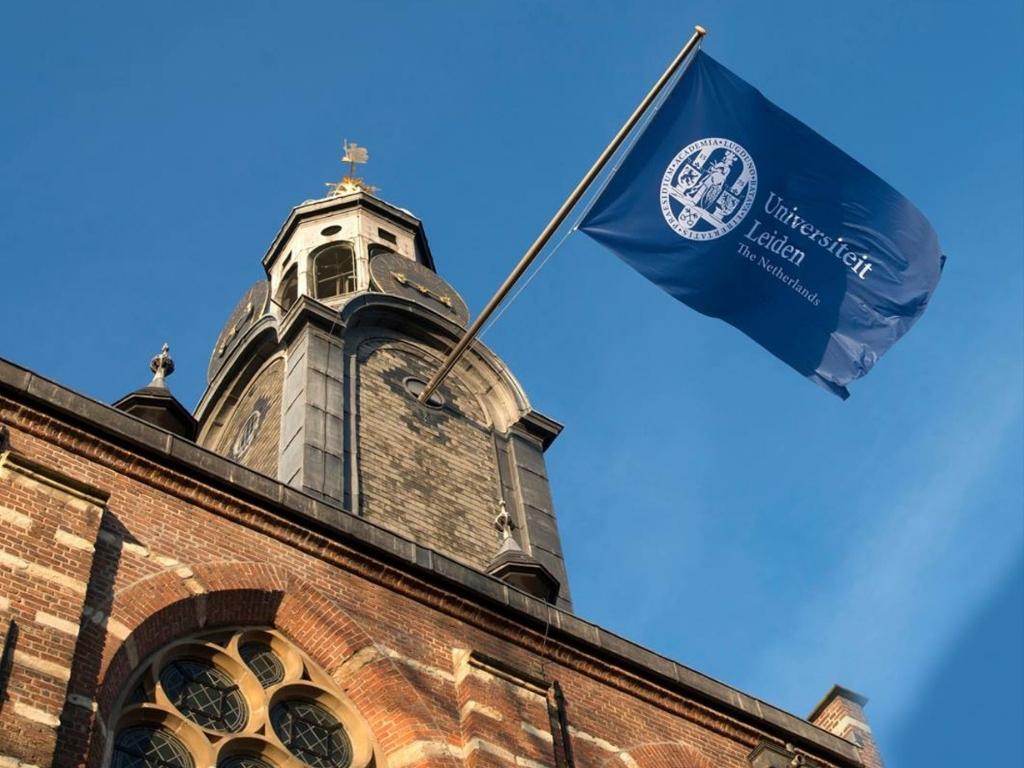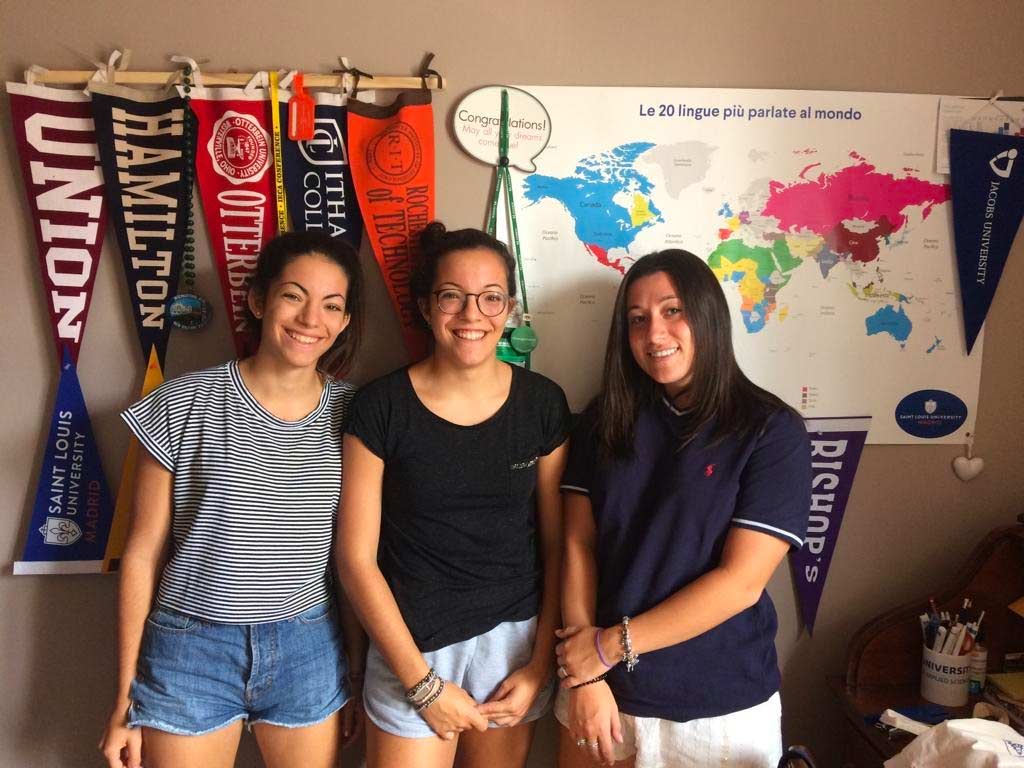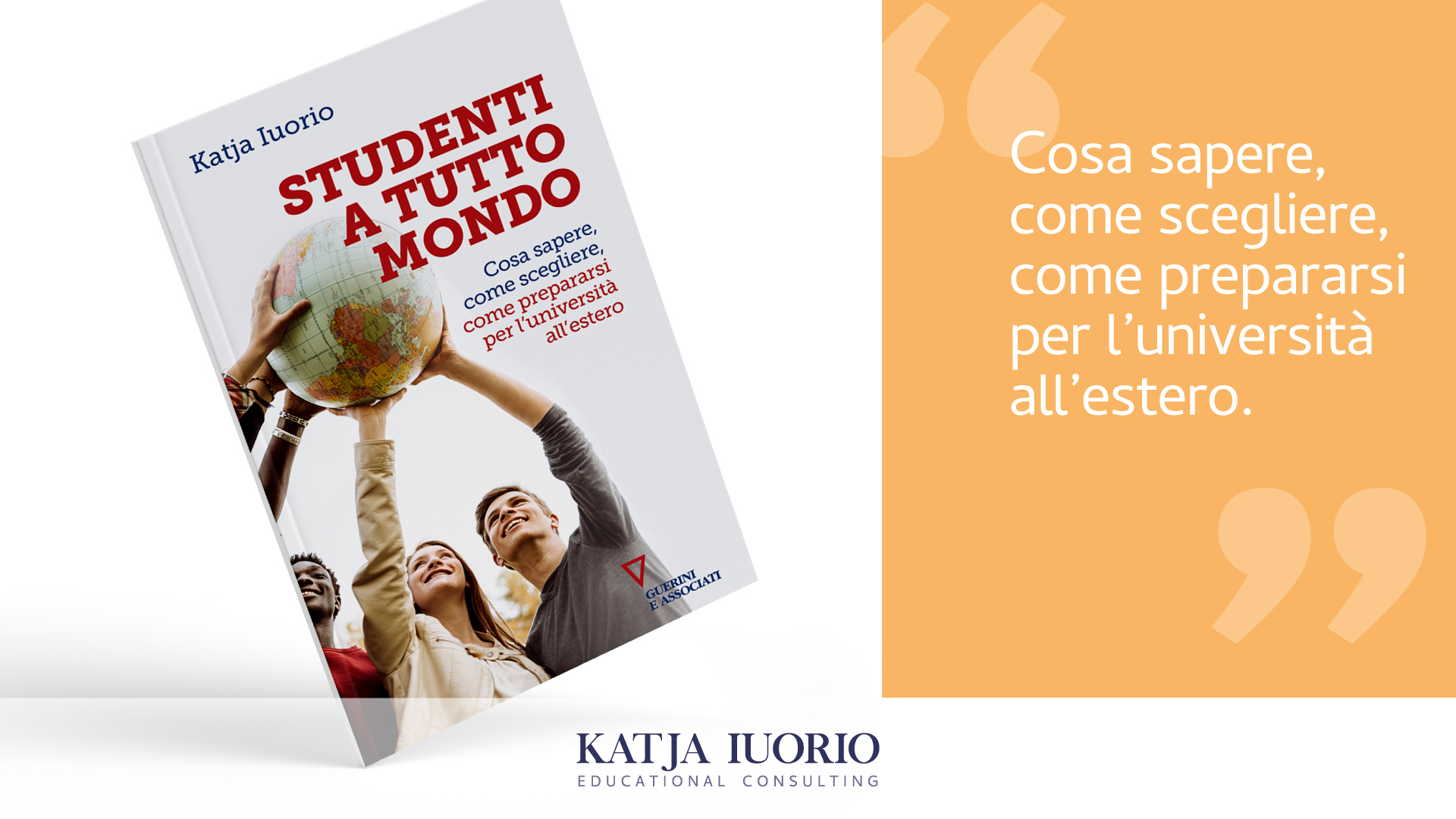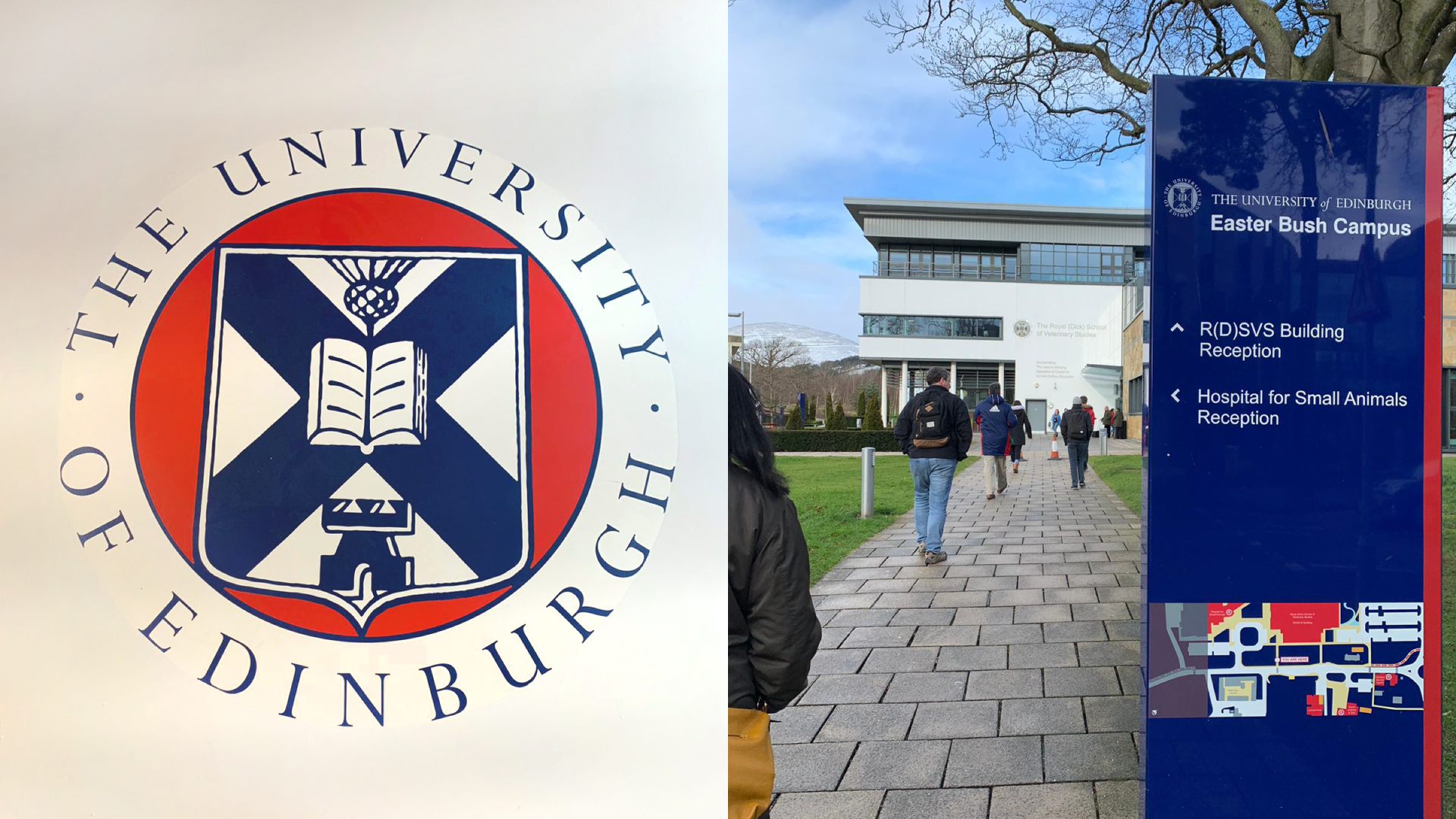Oltre il titolo: come studiare all’estero trasforma le reali prospettive di carriera
Summary
Quando una famiglia decide di valutare un percorso accademico internazionale, la domanda sull’investimento economico e sul ritorno futuro è inevitabile e doverosa. Tuttavia, limitare l’analisi al primo stipendio o al prestigio immediato del titolo rischia di essere una visione miope. In questo approfondimento, analizziamo come l’esperienza di studio fuori confine incida radicalmente sulle prospettive di carriera nel medio e lungo termine. Non si tratta solo di arricchire il curriculum, ma di costruire una professionalità “a prova di futuro”. Vedremo come la gestione del cambiamento, l’adattabilità culturale e il metodo acquisito siano le vere chiavi per accedere alle opportunità professionali più ambiziose in un mercato del lavoro in continua evoluzione.
Il dubbio legittimo sull’investimento: ne vale la pena?
Nei miei anni di consulenza, ho incontrato centinaia di famiglie sedute davanti alla mia scrivania (o collegate via Zoom), unite da un mix di entusiasmo e preoccupazione. Quando si inizia a progettare un futuro universitario fuori dall’Italia, che sia negli Stati Uniti, nel Regno Unito,in Spagna , in Germania o nel Nord Europa, il tema dell’investimento economico e temporale è sempre il “convitato di pietra”. È una preoccupazione non solo legittima, ma un atto di profonda responsabilità genitoriale.
La domanda che spesso mi viene rivolta, a volte in modo diretto, altre volte lasciata intendere tra le righe di un budget familiare da far quadrare, è sempre la stessa: “Ne vale davvero la pena? Quali garanzie offre questo percorso per il futuro professionale di mio figlio?”
La risposta breve è sì, ne vale la pena. Ma la risposta lunga, quella che conta davvero, richiede di spostare lo sguardo oltre i numeri immediati. Sebbene tutte le statistiche confermino che i profili internazionali godano di corsie preferenziali nei processi di selezione, il vero vantaggio competitivo non risiede in un semplice “pezzo di carta”. Migliorare le proprie prospettive di carriera non è solo una questione di retribuzione d’ingresso o di job title. Il valore reale nasce dalla sostanza della persona che si va a costruire durante quegli anni cruciali.
Studiare all’estero, infatti, significa acquisire una struttura mentale, caratteriale e metodologica che le aziende oggi cercano disperatamente e che faticano a trovare nei percorsi tradizionali.
1. Una formazione solida: il primato del metodo sui contenuti
Il primo impatto tangibile sulle opportunità future deriva dalla diversa impostazione accademica. L’università italiana vanta punti di forza riconosciuti: una solida preparazione teorica, un’ampia cultura generale e capacità analitiche che costituiscono basi solide. Allo stesso tempo, il mondo del lavoro contemporaneo richiede anche competenze che altri sistemi universitari — specialmente quelli di matrice anglosassone o nordeuropea — hanno storicamente privilegiato: un approccio più orientato al pragmatismo, con maggiore enfasi su progetti pratici, case studies e lavori di gruppo che simulano contesti professionali reali.
In queste università, agli studenti non viene quasi mai chiesto di “sapere e ripetere”. Viene chiesto di risolvere. Le lezioni frontali sono ridotte al minimo per lasciare spazio a case studies, lavori di gruppo (spesso con compagni di nazionalità diverse e approcci contrastanti), progetti reali commissionati da aziende e scadenze stringenti che non ammettono deroghe.
Scegliere di formarsi in un ambiente così stimolante e performante significa imparare un metodo di lavoro rigoroso. Lo studente impara a gestire il tempo (il famoso time management), a filtrare le informazioni essenziali, a parlare in pubblico difendendo le proprie idee e ad accettare il feedback costruttivo non come un voto alla persona, bensì come uno strumento di crescita. Questa è la base di una formazione solida: non un bagaglio di nozioni che rischiano di diventare obsolete in pochi anni, ma una “cassetta degli attrezzi” metodologica che consente di affrontare qualsiasi sfida lavorativa futura con competenza, autonomia e sicurezza.
2. La “Skill” numero uno: la gestione del cambiamento
Se dovessi individuare l’elemento che più di tutti influisce positivamente sulle prospettive di carriera nel 2025 e oltre, non avrei dubbi: è la capacità di gestire il cambiamento e l’incertezza.
Viviamo in un mondo che gli esperti definiscono VUCA (Volatile, Uncertain, Complex, Ambiguous). Le aziende si ristrutturano ciclicamente, i mercati nascono e muoiono, le tecnologie rivoluzionano i ruoli ogni cinque anni. In questo scenario, la competenza tecnica da sola non basta più. Serve la resilienza.
Chi decide di studiare all’estero frequenta, di fatto, un master intensivo in gestione dell’imprevisto.
Pensateci un attimo: dal momento esatto in cui lo studente atterra nel nuovo Paese, esce dalla bolla protettiva della famiglia e del noto. Deve decifrare codici culturali e sociali diversi (come si saluta? come si chiede un favore? cos’è considerato scortese?), deve superare lo shock dell’ignoto, deve gestire la burocrazia, la salute, la casa, i pasti. E deve farlo in una lingua che non è la sua madrelingua.
Questa esperienza quotidiana allena la flessibilità mentale come nessun corso aziendale potrebbe mai farlo. Chi ha imparato a sentirsi a casa lontano da casa, chi ha superato la solitudine delle prime settimane trasformandola in indipendenza, sviluppa una “pelle” diversa.
Un candidato con questo background non teme le transizioni aziendali, non va in panico se viene spostato su un mercato estero, non si blocca davanti a un problema nuovo. Ha già dimostrato a se stesso di poter sopravvivere e prosperare nel cambiamento. È questa solidità interiore che brilla agli occhi di un headhunter durante un colloquio.
3. Oltre l’inglese: le competenze “soft” che fanno la differenza
Spesso si pensa che il vantaggio principale sia la lingua. “Va all’estero, così impara l’inglese perfetto.” Certo, la padronanza linguistica a livello di business proficiency è ormai un prerequisito (una commodity, direbbero gli economisti), non più un elemento di differenziazione.
Le vere competenze che ampliano le prospettive di carriera sono le cosiddette Soft Skills o Power Skills.
- Problem solving creativo: essere esposti a culture diverse insegna che non esiste un unico modo per risolvere un problema. Lo studente internazionale impara a vedere le sfide da angolazioni multiple, sviluppando un pensiero laterale che è oro colato per l’innovazione.
- Intelligenza culturale ed empatia: lavorare in un team con un ragazzo indiano, una ragazza brasiliana e un professore tedesco obbliga a sviluppare una sensibilità relazionale acuta. Si impara a negoziare, a mediare, a capire i non-detti. In un’economia globale, in cui i team sono remoti e distribuiti, questa capacità di connessione umana è insostituibile.
- Autonomia decisionale: senza la rete di sicurezza immediata dei genitori, si impara a prendere decisioni, ad assumersene la responsabilità (anche economica) e a correggere il tiro se si sbaglia. Si diventa adulti prima.
4. Il posizionamento naturale nel mercato del lavoro
Torniamo quindi alla questione del ROI (Ritorno sull’Investimento). Quando parlo di un miglioramento delle prospettive di carriera, non mi riferisco a una promessa magica, bensì a una conseguenza logica.
Il posizionamento di chi ha studiato all’estero è naturalmente più elevato, perché il profilo è più completo.
Recruiter e direttori del personale, quando leggono un curriculum internazionale, vedono molto più delle sole competenze tecniche elencate. Vedono una storia.
Vedono una persona che ha avuto il coraggio di uscire dalla propria comfort zone (un termine abusato, ma verissimo). Vedono curiosità intellettuale. Vedono ambizione sana. Vedono qualcuno che ha investito in sé stesso.
Questo si traduce in un accesso privilegiato a:
- Programmi graduate delle multinazionali.
- Ruoli in start-up innovative che cercano una mentalità flessibile.
- Posizioni in organizzazioni internazionali e in ONG.
- Carriere imprenditoriali, grazie alla rete di contatti globali costruita nel campus.
Un investimento sulla persona
Per concludere, ritengo sia necessario riconsiderare l’ottica con cui guardiamo a questa spesa. Mandare un figlio a studiare all’estero non è l’acquisto di un servizio, né tantomeno l’acquisizione di un titolo di studio prestigioso. È un investimento nella struttura portante della persona.
L’opportunità di formarsi come individui aperti, competenti, solidi e pronti al cambiamento è il valore aggiunto definitivo. È un patrimonio che nessuno potrà mai togliere loro, indipendentemente dalle fluttuazioni dell’economia o dai cambiamenti tecnologici. È la garanzia più solida, concreta e duratura che possiamo offrire ai nostri ragazzi: non solo una carriera di successo, ma anche una vita professionale appagante e consapevole.
Se volete esplorare questa possibilità, rimango a vostra disposizione per approfondire insieme cosa possiamo costruire per il futuro dei vostri figli.




